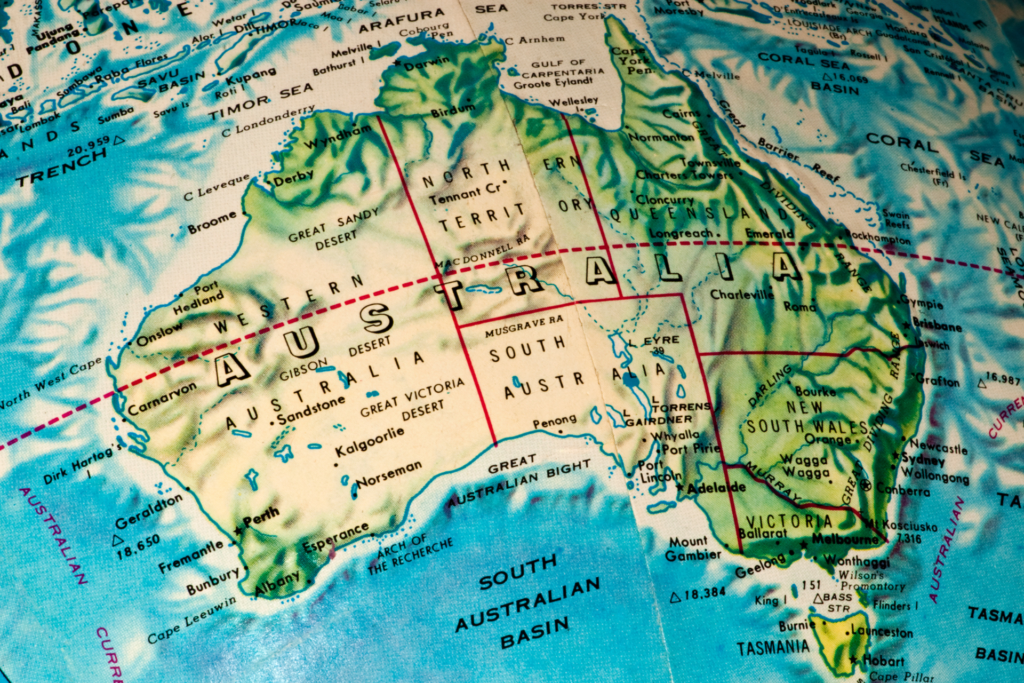What To Expect in Year 10 Geography
Venturing into the realm of Year 10 Geography opens up a world where the intricate relationships between people, places, and the environment come to the fore. The expansive scope of geographical studies beckons students to delve into the dynamics of environmental change, management, and the diverse facets of human wellbeing.
Environmental Change and Management
- Human-Induced Environmental Changes: Explore the ramifications of human activities on environmental sustainability.
- Environmental World Views: Understand various worldviews and their implications for environmental management.
- Custodial Responsibility: Discover the approaches of Aboriginal and Torres Strait Islander Peoples towards environmental management across different regions of Australia.
- Systems Thinking: Apply systems thinking to delve into the causes and probable outcomes of investigated environmental changes.
- Geographical Concepts and Methods: Engage in the application of geographical concepts and methods for managing environmental change.
- Evaluation of Management Responses: Employ environmental, economic, and social criteria in evaluating responses to environmental changes.
Geographies of Human Wellbeing
- Measuring and Mapping Wellbeing: Explore diverse ways of measuring and mapping human wellbeing and development across places.
- Spatial Variations in Wellbeing: Understand the reasons for spatial variations in human wellbeing across countries, regions, and locally within Australia.
- Development Issues: Study the issues affecting the development of places and their impact on human wellbeing, focusing on a developing country or region.
- Role of International and National Initiatives: Explore the initiatives by governments and non-government organizations in enhancing human wellbeing in Australia and globally.
Inquiry and Skills
- Observing, Questioning, and Planning: Develop significant geographical questions and plan inquiries employing appropriate geographical methodologies and concepts.
- Collecting, Recording, Evaluating, and Representing: Evaluate sources for reliability and usefulness, collect and organize relevant geographical data, and represent multi-variable data in various forms, including spatial technologies.
- Interpreting, Analysing, and Concluding: Interpret and analyze multi-variable data, synthesize information from various sources, and draw conclusions based on data analysis while considering alternative viewpoints.
- Communicating: Present findings, arguments, and explanations in suitable communication forms, utilizing relevant geographical terminology and digital technologies.
- Reflecting and Responding: Reflect on inquiry findings to propose individual and collective action towards contemporary geographical challenges, evaluating predicted outcomes and consequences of proposed actions

How Tutor Wombat Supports Year 10 Geography
Personalized Learning Environment: Tutor Wombat tailors the learning experience to meet the distinct needs of each student, ensuring that the fascinating world of geography is explored at a pace and depth that resonates with the learner.
Alignment with the Australian Curriculum: Our Year 10 Geography tutoring aligns seamlessly with the Australian Curriculum, creating a coherent and enriching learning pathway through the diverse geographical landscapes.
Embark on Your Year 10 Geography Journey with Tutor Wombat: Embark on a geographical voyage of discovery with Tutor Wombat. Our dedicated tutors are here to facilitate your academic journey in Year 10 Geography. With a straightforward flat fee for all services, mastering the realm of geography becomes both accessible and rewarding. Contact us to learn more about how we can assist in your Year 10 Geography academic journey.
